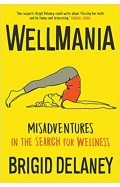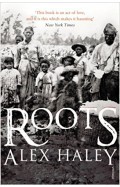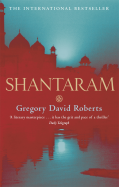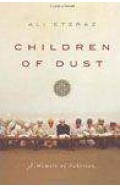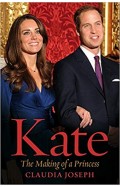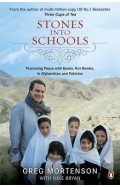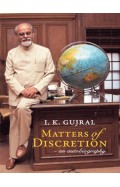The Go-Between - A Portrait of Growing Up Between Different Worlds
By: Osman Yousefzada
-
Rs 2,141.75
- Rs 3,295.00
- 35%
You save Rs 1,153.25.
Due to constant currency fluctuation, prices are subject to change with or without notice.
The adult world is seen through Osman's eyes as a child: his own devout Pashtun patriarchal community, with its divide between the world of men and women, living cheek-by-jowl with parallel migrant communities. The orthodox attend a mosque down the road from the prostitutes and pimps. Children balance Western school teachings with cultural traditions.
Alternative masculinities compete with strict gender roles, and female erasure and honour-based violence are committed, even as empowering female friendships prevail. The stories Osman tells, some fantastical and humorous, others melancholy and even harrowing, take us from the Birmingham of Osman's childhood to the banks of the river Kabul and the river Indus, and, eventually, to the London of his teenage years.
Osman weaves in and out of these worlds, struggling with the dual burdens of racism and community expectations, as he is forced to realise it is no longer possible to exist in the spaces in between.
The adult world is seen through Osman's eyes as a child: his own devout Pashtun patriarchal community, with its divide between the world of men and women, living cheek-by-jowl with parallel migrant communities. The orthodox attend a mosque down the road from the prostitutes and pimps. Children balance Western school teachings with cultural traditions.
Alternative masculinities compete with strict gender roles, and female erasure and honour-based violence are committed, even as empowering female friendships prevail. The stories Osman tells, some fantastical and humorous, others melancholy and even harrowing, take us from the Birmingham of Osman's childhood to the banks of the river Kabul and the river Indus, and, eventually, to the London of his teenage years.
Osman weaves in and out of these worlds, struggling with the dual burdens of racism and community expectations, as he is forced to realise it is no longer possible to exist in the spaces in between.
The Go-Between - A Portrait of Growing Up Between Different Worlds
By: Osman Yousefzada
Rs 2,141.75 Rs 3,295.00 Ex Tax :Rs 2,141.75
Zubin Mehta: A Musical Journey (An Authorized Biography)
By: VOID - Bakhtiar K. Dadabhoy
Rs 472.50 Rs 1,050.00 Ex Tax :Rs 472.50
Wellmania: Misadventures in the Search for Wellness - Paperback
By: Delaney
Rs 537.75 Rs 1,195.00 Ex Tax :Rs 537.75
Glossy - The Inside Story of Vogue
By: Nina-Sophia Miralles
Rs 2,271.75 Rs 3,495.00 Ex Tax :Rs 2,271.75
Manning Up: How the Rise of Women Has Turned Men into Boys
By: Kay Hymowitz
Rs 646.75 Rs 995.00 Ex Tax :Rs 646.75
Wellmania: Misadventures in the Search for Wellness - Paperback
By: Delaney
Rs 537.75 Rs 1,195.00 Ex Tax :Rs 537.75
Glossy - The Inside Story of Vogue
By: Nina-Sophia Miralles
Rs 2,271.75 Rs 3,495.00 Ex Tax :Rs 2,271.75
No recently viewed books available at the moment.
Zubin Mehta: A Musical Journey (An Authorized Biography)
By: VOID - Bakhtiar K. Dadabhoy
Rs 472.50 Rs 1,050.00 Ex Tax :Rs 472.50
The Go-Between - A Portrait of Growing Up Between Different Worlds
By: Osman Yousefzada
Rs 2,141.75 Rs 3,295.00 Ex Tax :Rs 2,141.75
Wellmania: Misadventures in the Search for Wellness - Paperback
By: Delaney
Rs 537.75 Rs 1,195.00 Ex Tax :Rs 537.75
Glossy - The Inside Story of Vogue
By: Nina-Sophia Miralles
Rs 2,271.75 Rs 3,495.00 Ex Tax :Rs 2,271.75











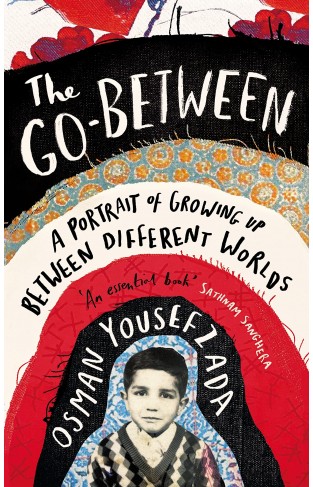

-120x187.jpg?q6)





